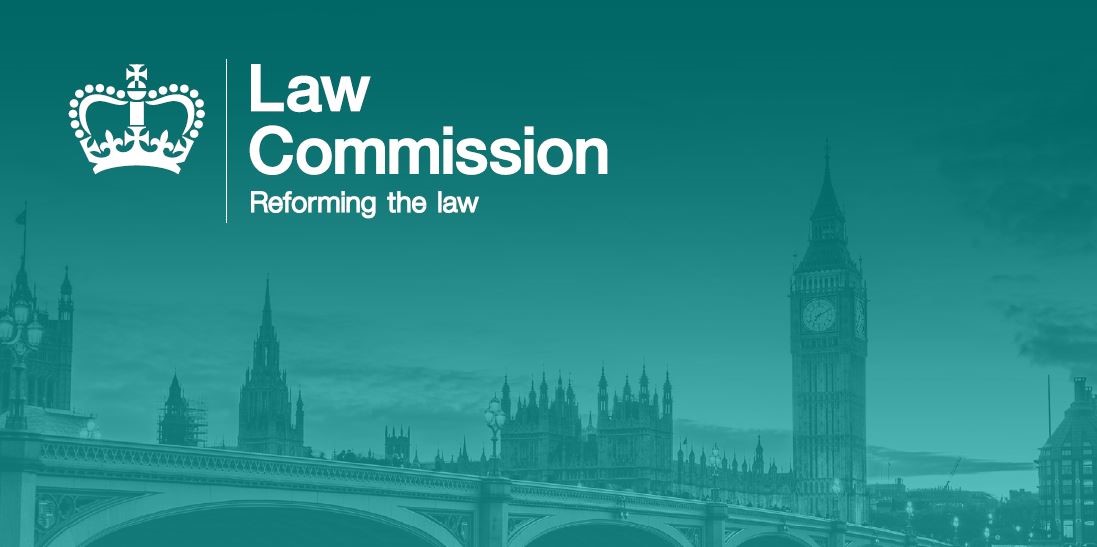Bedminster office
Fishponds office
Kingswood office

The Law Commission has launched a public consultation to review the legal framework governing social care for disabled children in England. This important consultation aims to modernise outdated laws, ensuring that children with disabilities receive the support they need in today’s society.
The existing laws, including the Children Act 1989 and the Chronically Sick and Disabled Children’s Act 1970, use outdated language and concepts, leaving many families struggling to access the right support. This is a critical opportunity for parents, carers, and advocates to help shape the future of social care for disabled children, ensuring that reforms reflect the needs and experiences of those directly affected.
The consultation focuses on key themes, including:
- Whether there should be a new legal framework for disabled children’s social care, separate from Section 17 of the Children Act 1989.
- Whether there should be national eligibility criteria for disabled children’s social care.
- How disability should be defined.
- What remedies should be available to children and families when things go wrong.
The consultation is time-sensitive, with all responses required by 20 January 2025.
Any parent or carer can contribute—you don’t need to be a professional to have your say.
For a better understanding of the consultation, you can watch a helpful YouTube video here.
The government website also provides multiple accessible versions of the consultation paper, including large print, audio, and easy-read formats, which you can access here.
Additionally, Special Needs Jungle has produced an insightful article, which you can read here.
SUBMIT YOUR VIEWS HERE: https://consult.justice.gov.uk/law-commission/disabled-childrens-social-care/consultation/
Your voice can help shape the future of social care for disabled children In England. We encourage all parents, carers, and advocates to take part and share their experiences to help create a fairer, more inclusive system.


Comments